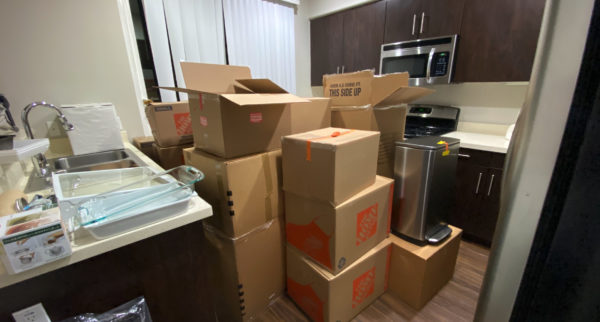You’re probably hearing of a bunch of new cryptocurrency-adjacent things lately, like BitClout, NFTs, and Dogecoin. But how does it all fit together?
One way to look at it is they’re all examples of blockchain technology.
What’s blockchain? It’s a digital database where the data blocks are chained together. We’ve most often used it as a ledger for transactions. Like Bitcoin, which was first to introduce the blockchain.
What does blockchain mean for technology? You need a computer to access and create transactions within a blockchain. To verify things — like a Bitcoin, or an NFT — you need a computer to generate a very particular number. And let’s say you’re using your laptop to mine Bitcoin. That means your computer is working really, really hard to solve puzzles and generate the correct codes that will yield Bitcoin. The harder your computer works, the more energy it uses.
Ok, so blockchain uses a lot of electricity? Yes. Author/marketer Seth Godin recently explained what NFTs (digital tokens that operate on blockchain tech) are and how they’re bad for the environment. He points out that already, NFTs are using more electricity than some states in the U.S. And as NFTs become more and more popular, more tokens will be created, more transactions will be made, and more electricity — likely from non-renewable resources like natural gas, coal, and nuclear energy — will be used.
But… a lot of things are bad for the environment: Shipping containers produce more green gas emissions than some small countries. In fact, they produce the same amount of pollution as 50 million cars. Plastic is also bad for the environment: It takes 22 gallons of water to produce one pound of plastic. And it takes 450 years for a plastic bottle to decompose. Oh, there’s menstrual products too: 20 billion sanitary napkins, tampons and applicators are dumped into North American landfills every year.
There are tons of things that are bad for the environment. Does it really make sense to pick on blockchain and cryptocurrency specifically?
Here’s the thing: When it comes to shipping containers and plastics, operators or manufacturers aren’t incentivized to move towards sustainable solutions. A plastics company isn’t going to put itself out of business, and companies aren’t going to stop importing and exporting products at scale.
Plus, these are all things we directly benefit from. We get imported goods off these ships, and many of our everyday products are made from plastic.
It’s much easier to point a finger at blockchain tech because the average person doesn’t directly benefit from it.
But the unique thing about blockchain tech is that these companies are directly incentivized to optimize computing power and find renewable energy sources. It’s already happening with companies like WePower, The Brooklyn Microgrid, Power Ledger, and others who are creating clean energy solutions for blockchain.
And Iceland is already well-equipped for all this: their cool climate provides the optimal setting for hard-at-work computers, and they use 100% renewable energy that’s easy to access.
Final thoughts: It’s all relative. A lot of things we’re already doing are bad for the environment and we’re not doing much to improve them. So I’m not sure that it’s fair to point fingers at Bitcoin.
This short essay originally appeared on April 18, 2021 in my twice-monthly newsletter, the Menu. If you’re interested, you can subscribe here.




